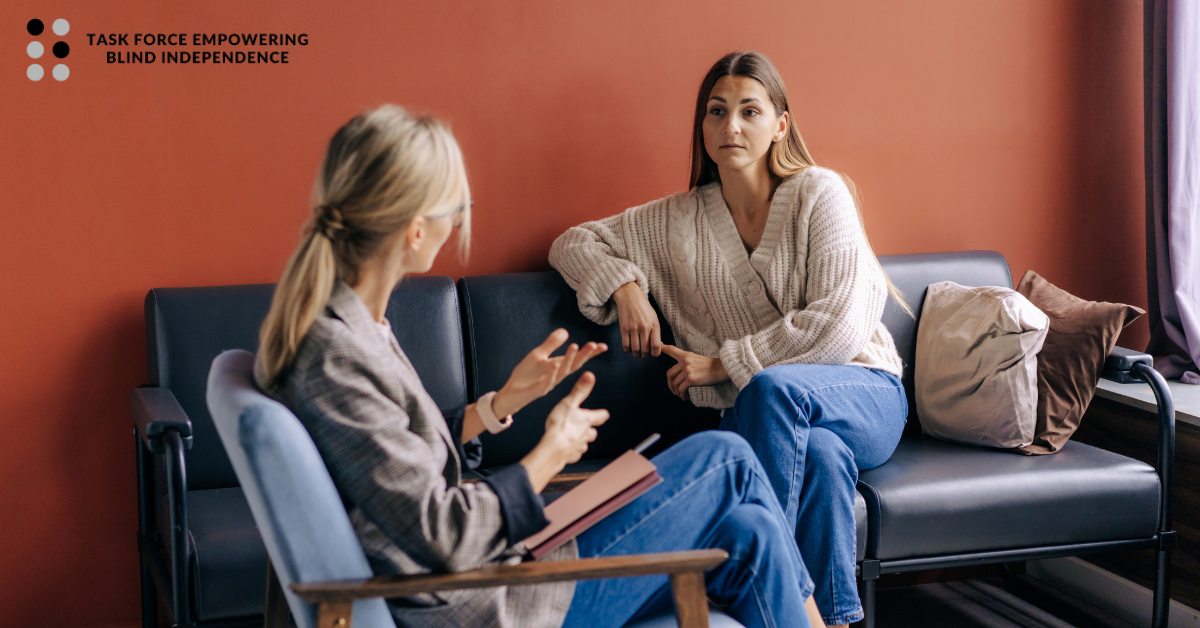Experiencing vision loss can be a life-altering event, affecting not only your ability to see but also your emotional well-being. Whether it’s sudden or gradual, the journey of adjusting to vision loss is filled with challenges. One of the most effective ways to navigate this new chapter is through counseling, specifically from certified professionals. Let’s explore why this support is crucial and how it can make a significant difference in your life.
The Emotional Impact of Vision Loss
Losing your vision can stir a complex mix of emotions—fear, frustration, sadness, and even anger. These feelings are completely natural, but without proper support, they can become overwhelming. Certified counselors are trained to help you understand and manage these emotions, providing a safe space to express your thoughts and feelings. They use evidence-based techniques to guide you through this emotional upheaval, helping you build resilience and find a new normal.
Tailored Support for Unique Needs
Everyone’s experience with vision loss is different. A certified counselor can provide personalized strategies that cater to your specific needs and circumstances. They can help you develop practical coping mechanisms for daily activities, offer guidance on assistive technologies, and connect you with local services for the blind and visually impaired. For instance, organizations like the Georgia Vocational Rehabilitation Agency and the Braille Institute offer comprehensive services to support your journey.
Building a Support Network
Counseling isn’t just about one-on-one sessions. Certified counselors can help you build a support network, connecting you with peer support groups and community resources. Sharing your experiences with others who understand what you’re going through can be incredibly comforting and empowering. Websites like Adjusting to Vision Loss offer valuable insights and connections to support groups and services that can further aid your adjustment process.
Why Certification Matters
Opting for a certified counselor ensures you’re receiving help from someone who meets professional standards and has the necessary training to address the complexities of vision loss. Certification indicates that the counselor has specialized knowledge in the field of vision impairment and is committed to ongoing education. This expertise can make a significant difference in the quality of care and support you receive.
Conclusion
Adjusting to vision loss is a profound journey, but you don’t have to go through it alone. Certified counselors provide essential support, helping you cope with the emotional and practical challenges of vision impairment. By seeking out these professionals and utilizing services for the visually impaired, you can navigate this transition with greater confidence and hope. Remember, the right support can turn a daunting experience into an opportunity for growth and resilience

